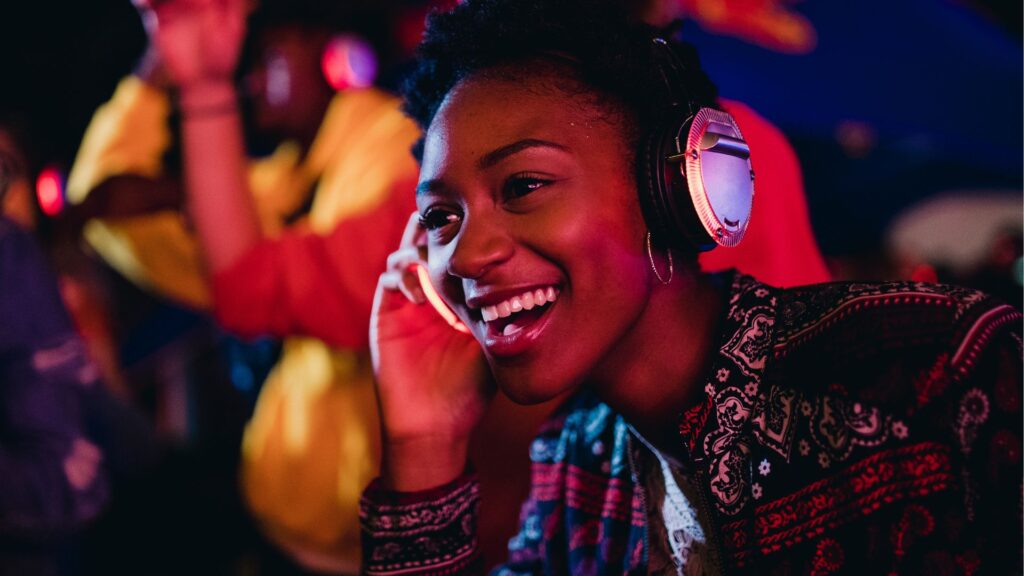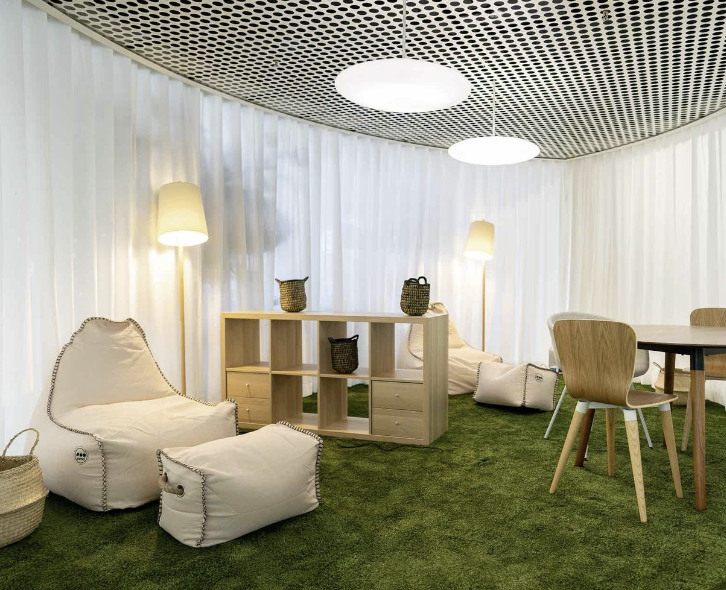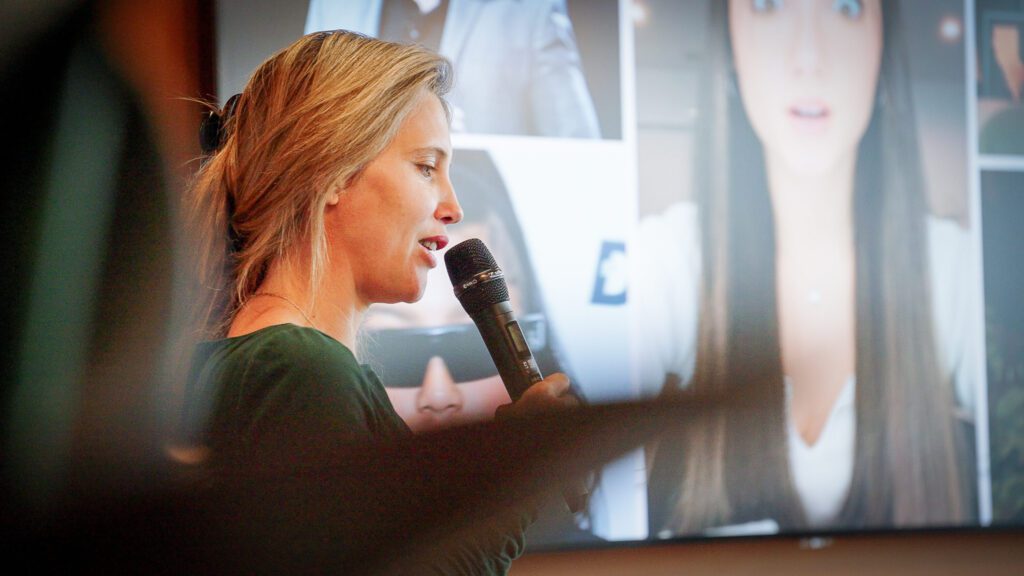Message from MD 2025
Navigating Neurodiversity For Live Events

With 15% to 20% of the population thought to be neurodivergent, it’s essential to think about how events can be designed with a difference and be shaped around all types of brains. Here’s how event planners can build a neuroinclusive event experience.
Live events are an opportunity to meet new people, learn new things and experience things you never normally would. But with all of this and the typical staples of a live event being music, flashing lights, and large crowds – events can be overwhelming for someone who struggles with sensory processing. With 15% of the UK population thought to be neurodiverse it’s essential to think about how events can be designed with a difference and be shaped around all types of people.
For people with neurodivergence such as ADHD, OCD, Autism, or even those who are introverted or experience anxiety; most event environments don’t suit their needs.
Communication is key
It’s important for event planners to note that everybody’s needs are individual, and accessibility is an ongoing conversation. Catering to and listening to your audience can mean encouraging guests to get in touch and share their perspective such as what could be triggering to them, anything they’d like to see changed, or any requests that could create comfort.
Pre event communication such as a know-before-you-go guide should include agendas, venue maps, and a clear point of contact and information for receiving additional support.
The live event
To create a truly inclusive (and engaging) event, it is important to fit your event around the audience. Many neurodiverse people struggle with social interactions which will impact how event planners approach a networking event. Whereas some neurodiverse individuals may have an increased ability to focus attention which may alter how educational content is shared at a conference.
Catering to neurodiverse guests at an event can mean modifying the live environment by including more breaks in schedule, clear signage, allowing neurodiverse guests to arrive early or have a pass so that they don’t have to navigate queues and registration, or offering a quiet space away from the main event.

What is a quiet space?
A sense of calm and safety can be created with a designated quiet space that offers a place to catch your breath amid an energised event.
Diverse UK, a charity that facilitates social connection among people with autism, organised Glastonbury’s first sensory calm space with the aim to create a space for guests who would have otherwise left the event. Equipping the space with weighted blankets, sensory toys and ear defenders help to reduce brain frequencies and feelings of being overwhelmed.
Quiet spaces are a great way to reduce anxiety at live events with some other benefits being that you can speak with someone confidentially about how you are feeling, recharge your social battery, have some time to yourself, reduce triggers or even catch up with work in a quiet environment.
EventWell is a forward-thinking charity dedicated to mental health in the events industry. Their service, Hub by EventWell, are accessibility and inclusion focused hubs and safe spaces to support neurodiverse guests and mental health. They offer quiet rooms, workspaces and wellbeing bars at events that can be catered to guests from a meditation and mindfulness station, a host to offer support and a screen to stream the live event.
Whether it’s venue restrictions or cost, there will be some limitations to what can be achieved but it’s important to take small steps towards creating an experience that more people can enjoy when even the smallest change or willingness to adapt can make a substantial difference to a guest being able to attend. Neurodiverse guest should know that not only is creating a safer space is possible, but that event planners care about their input and experience at events.
To find out more, check out the ‘Event Professional’s Guide to Neuroinclusion’, by Google’s Neu Project here: The Neu Project
Related insights

Engage and Lead Through Change: How to Communicate with Intention

